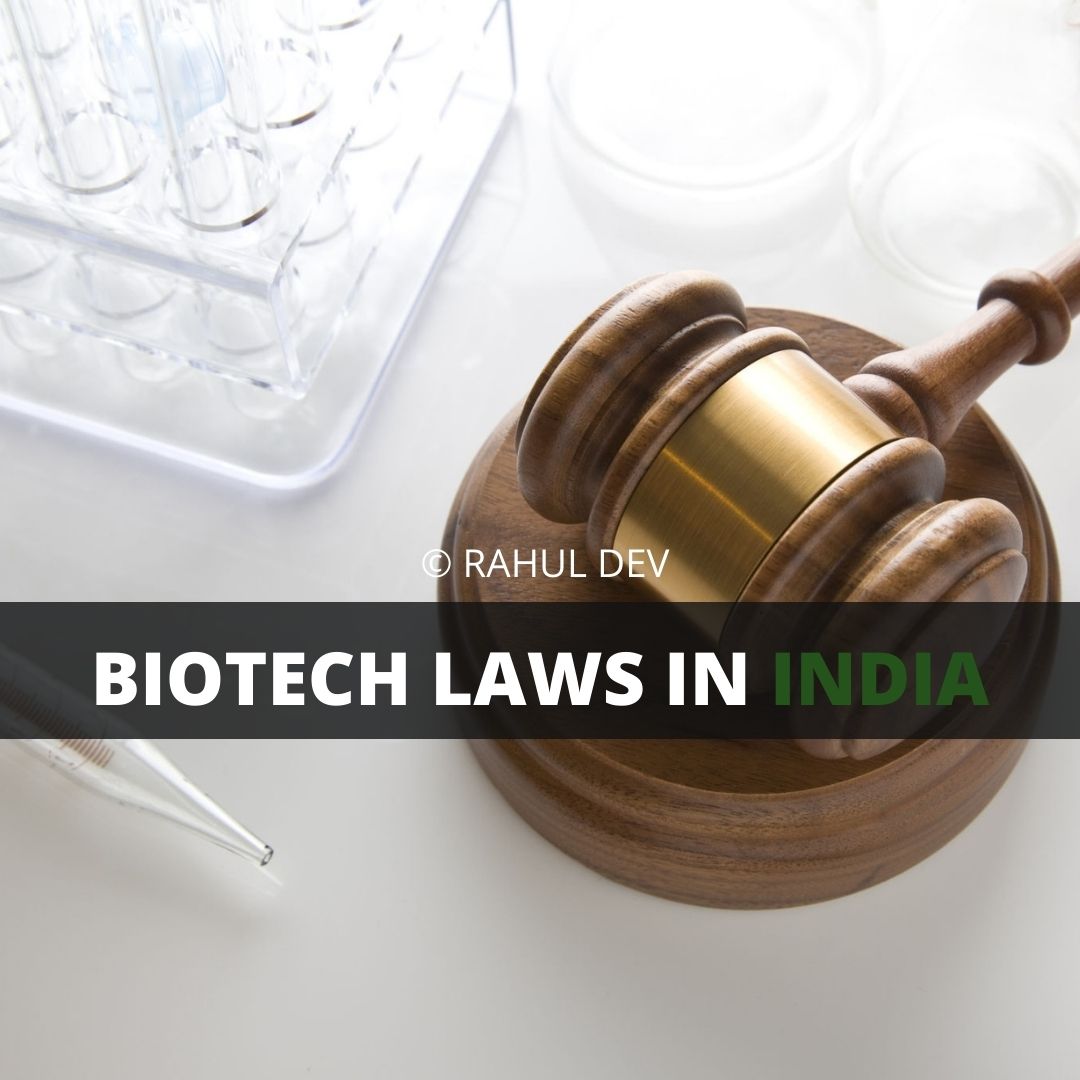Proposed Biotechnology Regulatory Authority of India (BRAI)
A complicated policy containing various ministries of the central administration regulates the existing biotechnology policy in India. The existing policy does not maintain a strong supporting legal bottleneck other than the Rules for the Manufacture, Usage, Import, Export, and Storage of Hazardous Microorganisms/Genetically Engineered Organisms or Cells, 1989.
In this system, the BRAI is recommended to facilitate the careful practice of contemporary biotechnology and similarly to boost the effectiveness and efficiency of biotechnological law on examination, transport, import, manufacture, and usage of organisms and commodities of biotechnology.
The outline of the BRAI bill was announced in 2008, and then its requirements and processes were under endless discussion. Many have tagged the BRAI as unconstitutional as it would interfere with the farming division involving GM crops, which is under a state government’s counsel.
Another disagreement with the BRAI is that it requires people’s participation as it would not affect any representative from the civil community while most of the recommended administrators are bureaucrats.
The formulated BRAI is intended to redefine the administration policy of the Indian biotechnology realm. A three-tier governance policy is recommended to be steered by a leading governance unit containing one chairperson, two full-time members, two part-time members, and two advisory groups The other two categories would be the inter-ministerial Governing Board of ~10 representatives and the Biotechnology Advisory Council of ≤15 representatives.
Issues and Challenges
High level of risk
Numerous Biotech companies are granted patents for their products that are manufactured by them so that they can recover all the expenses that they have spent in the procedure of Research & Development. When the patent expires, the products have more popularity in the market as related to their competitors.
The main problem which arises here is that the investors have to consider a factor that this period leads to a huge risk due to late results through Research & Development.
Level of Affordability
Another big problem encountered by biotech enterprises is the degree of affordability and rate of expenses. Many drugs need a huge scale of amount and also numerous firms do not trust the R&D methods used by these industries to make a proper product for the benefit of the populace at large.
Problem of Privacy
Another issue which we face in this industry is the issue of privacy. Many data are taken by the competing industry and henceforth they use it in their product to increase huge profits in the markets. This is also a huge challenge for the industries and therefore they must protect it very firmly.
Conclusions
A Well-known norm of a habitation with high quality of vitality of the population of a country is the primary outcome of technological inventions. It proposes substantial recourses for both the industrialized as well as the developing countries to deal with social and economic difficulties like poverty assistance, job production, food safety, etc. With difference to some other nations, India is running a so-called ‘democratic’ strategy for its biotechnology leadership.
The Indian biotechnology system and the DBT (regulatory agency) are introducing the BRAI code to stabilize and authorize biotechnology regulatory incentives. Various elements of the biotechnology law presently cover numerous acts and agents, many of which will require to be revised to solidify and employ the BRAI.
The recent regulation would possess requirements for the development of biotechnology, rising alliance with the state administrations, and would necessarily facilitate public enthusiasm in the regulatory process. This would eventually promote international business and trade as well.







